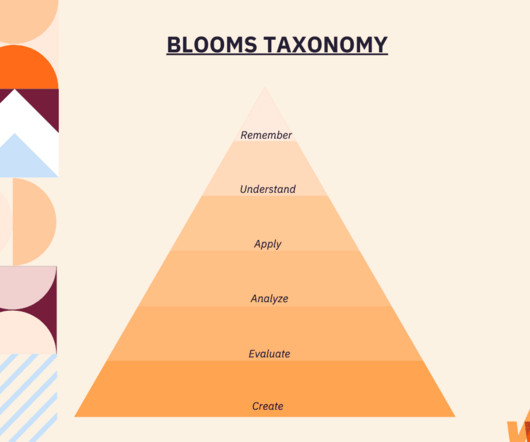Adapting Instructional Design for Remote and Distributed Workforces
Hurix Digital
JUNE 26, 2023
What are the Key Elements of a Remote Instructional Design? Clear and Precise Learning Objectives Effective Content Delivery Communication and Collaboration Clear and Concise Instructions Regular Assessment and Feedback What are some Tips for Creating Remote Instructional Design?






























Let's personalize your content